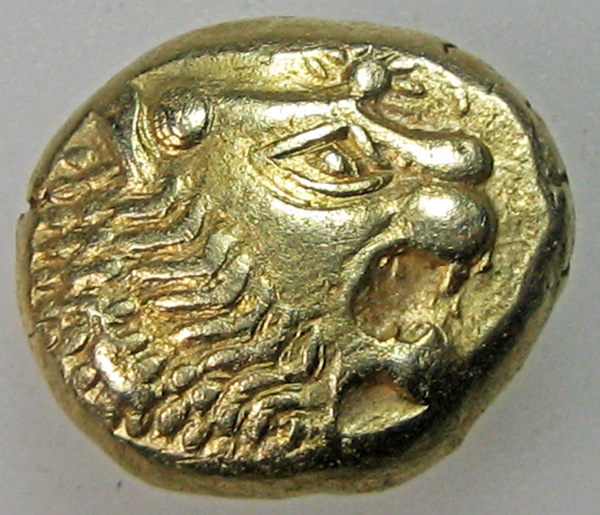
Larry White and George Selgin have recently been debating the origin of money coins*. Both scholars are key sources for Pressing the Button’s page on money.
White kicked things off by challenging the state theory of money, which he believes has lately made a resurgence among economic historians. The state theory of money says, “governments played an essential role in the establishment of money.” Instead, according to White, there is plenty of reason to believe money emerged from (relatively) voluntary action.
In short, White’s point is that the state theory of money cannot explain certain characteristics of coins we know must be true.
The pseudonymous ‘Lord Keynes’ responded to defend the state theory. And George Selgin has responded to that.
Selgin considers Lord Keynes to make a number of logical errors. But what is most interesting for us at PTB is the laundry list of recent scholarly support Selgin musters for the proposition that money emerged from civil society.
This is a critically important lesson because most of us simply assume that money has (and other state services have) always been provided by state governments. This lends credibility to the argument that money should be provided by the state. For many of us, the idea that there could be an non-state alternative might be surprising. But there it is nonetheless!
* Note: there is some equivocation between coins and money in these links. Just go with it: the relevant issue is how a highly useful form of money (metallic coins) was established.

